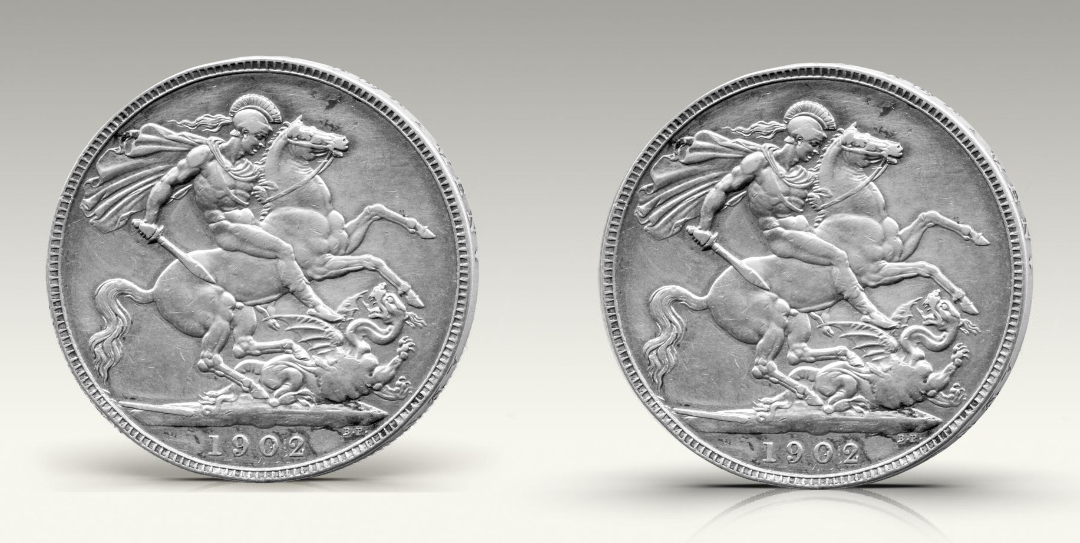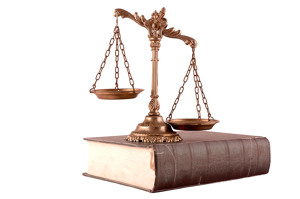Tavex uses cookies to ensure website functionality and improve your user experience. Collecting data from cookies helps us provide the best experience for you, keeps your account secure and allows us to personalise advert content. You can find out more in our cookie policy.
Please select what cookies you allow us to use
Cookies are small files of letters and digits downloaded and saved on your computer or another device (for instance, a mobile phone, a tablet) and saved in your browser while you visit a website. They can be used to track the pages you visit on the website, save the information you enter or remember your preferences such as language settings as long as you’re browsing the website.
| Cookie name | Cookie description | Cookie duration |
|---|---|---|
| tavex_cookie_consent | Stores cookie consent options selected | 60 weeks |
| tavex_customer | Tavex customer ID | 30 days |
| wp-wpml_current_language | Stores selected language | 1 day |
| AWSALB | AWS ALB sticky session cookie | 6 days |
| AWSALBCORS | AWS ALB sticky session cookie | 6 days |
| NO_CACHE | Used to disable page caching | 1 day |
| PHPSESSID | Identifier for PHP session | Session |
| latest_news | Helps to keep notifications relevant by storing the latest news shown | 29 days |
| latest_news_flash | Helps to keep notifications relevant by storing the latest news shown | 29 days |
| tavex_recently_viewed_products | List of recently viewed products | 1 day |
| tavex_compare_amount | Number of items in product comparison view | 1 day |
| Cookie name | Cookie description | Cookie duration |
|---|---|---|
| chart-widget-tab-*-*-* | Remembers last chart options (i.e currency, time period, etc) | 29 days |
| archive_layout | Stores selected product layout on category pages | 1 day |
| Cookie name | Cookie description | Cookie duration |
|---|---|---|
| cartstack.com-* | Used for tracking abandoned shopping carts | 1 year |
| _omappvp | Used by OptinMonster for determining new vs. returning visitors. Expires in 11 years | 11 years |
| _omappvs | Used by OptinMonster for determining when a new visitor becomes a returning visitor | Session |
| om* | Used by OptinMonster to track interactions with campaigns | Persistent |
| Cookie name | Cookie description | Cookie duration |
|---|---|---|
| _ga | Used to distinguish users | 2 years |
| _gid | Used to distinguish users | 24 hours |
| _ga_* | Used to persist session state | 2 years |
| _gac_* | Contains campaign related information | 90 days |
| _gat_gtag_* | Used to throttle request rate | 1 minute |
| _fbc | Facebook advertisement cookie | 2 years |
| _fbp | Facebook cookie for distinguishing unique users | 2 years |
Silver Sovereigns: Are They Real Silver Bullion Coins?

Silver sovereigns have piqued the curiosity of coin collectors and investors alike. With their rich history and potential investment value, it’s essential to delve into what silver sovereigns are and if they are authentic.
What Are Silver Sovereigns?

Silver sovereigns are coins that emulate the well-known gold sovereign gold coins but are made from silver.
Given the popularity of the gold Sovereign, one might expect that a silver Sovereign coin exists.
However, the UK government has never approved the minting of silver Sovereigns, and The Royal Mint has never produced such coins
Silver coins designed to mimic the gold Sovereign have been produced, but they are not official Royal Mint products. As a result, they are not considered legal tender and have no face value. Additionally, these coins do not receive the tax advantages of official Royal Mint coins, such as exemption from Capital Gains Tax.
Comparison with Gold Sovereigns

While silver sovereigns that are produced to look like gold sovereigns, and gold sovereigns share similar designs, they differ significantly in material value.
Gold sovereigns, made from 22-carat gold, command higher market prices as a bullion product due to the intrinsic value of gold. Silver ‘sovereigns’, though valuable, are more accessible due to the lower cost of silver items compared to gold.
Are Silver Sovereigns Legal Tender?
Silver sovereigns are generally not considered legal tender in the same way as their gold counterparts, therefore this could hinder investment decisions.
This status can vary by country and mint, but for the most part, silver ‘sovereigns’ are valued more as collectibles rather than as currency.
How Can You Categorise a Silver ‘Sovereign’?
Any coin claiming to be a silver Sovereign should instead be classified as a non-UK coin or as a coin-shaped souvenir or token.
These are produced by unofficial mints or refiners aiming to capitalise on the popularity and traditional design of the gold Sovereign, but they are neither as valuable nor as easy to sell.
Often issued on behalf of other countries, this can be a clear indication that the coin is not a genuine UK coin.
Investment Potential of Silver Coins

Investing in silver coins can be a savvy move and good investment option over other gold bars and coins. They offer a blend of collectible value and precious metal investment.
Products in the silver market also boast lower prices in comparison to gold therefore making it a more affordable way to invest in a safe haven asset.
The market for silver is generally more volatile than gold, potentially offering higher returns for those willing to take the risk.
Pros of Investing in Silver Coins
- Affordability compared to gold sovereigns
- Collectible appeal with historical designs
- Potential for significant value appreciation
Cons of Investing in Silver Coins
- Less recognised than gold sovereigns
- Market volatility
- Limited legal tender status
Value of a Silver ‘Sovereign’
Since they are not official coins, silver Sovereigns only hold scrap value based on their silver content
Some buyers might be drawn to their appearance and willing to purchase them, but these coins are often sold at prices above their actual metal value.
How to Authenticate Silver Coins

Authenticating silver coins is crucial to ensure you are getting a genuine piece. Methods include checking the coin’s weight, dimensions, and design details. Professional grading services can also provide authentication.
Read more on the topic here: How to check the authenticity of silver bullion coins
Caring for Silver Coins

Proper care is essential to maintain the value and appearance of your silver coins such as the 1 troy ounce British Britannia Silver Coin. Store them in a cool, dry place, preferably in protective holders or capsules. Avoid handling them with bare hands to prevent tarnishing.
Cleaning and Maintenance Advice
- Use a soft cloth and mild soap if necessary
- Avoid harsh chemicals or abrasive materials
- Consider professional cleaning for valuable coins
Read more on the topic here: How to clean silver bullion
Conclusion
Silver sovereigns attract both collectors and investors due to their resemblance to the renowned gold sovereigns. However, the UK government has never authorised silver sovereigns, and The Royal Mint has never produced them. As a result, these coins are not official products, lack legal tender status, and do not offer tax benefits in the precious metals market in comparison to investing in gold.
While they share designs with gold sovereigns, silver sovereigns are less valuable due to the lower cost of silver. They should be classified as non-UK coins or souvenirs, often produced by unofficial mints. These coins may appeal visually but are usually overpriced relative to their metal value and harder to sell.
Investing in silver coins can be worthwhile, offering collectible value and precious metal investment potential. However, the silver market is more volatile, and it’s crucial to authenticate coins to ensure they are genuine when buying and selling. Proper care and storage are essential to maintain their value and appearance.


















